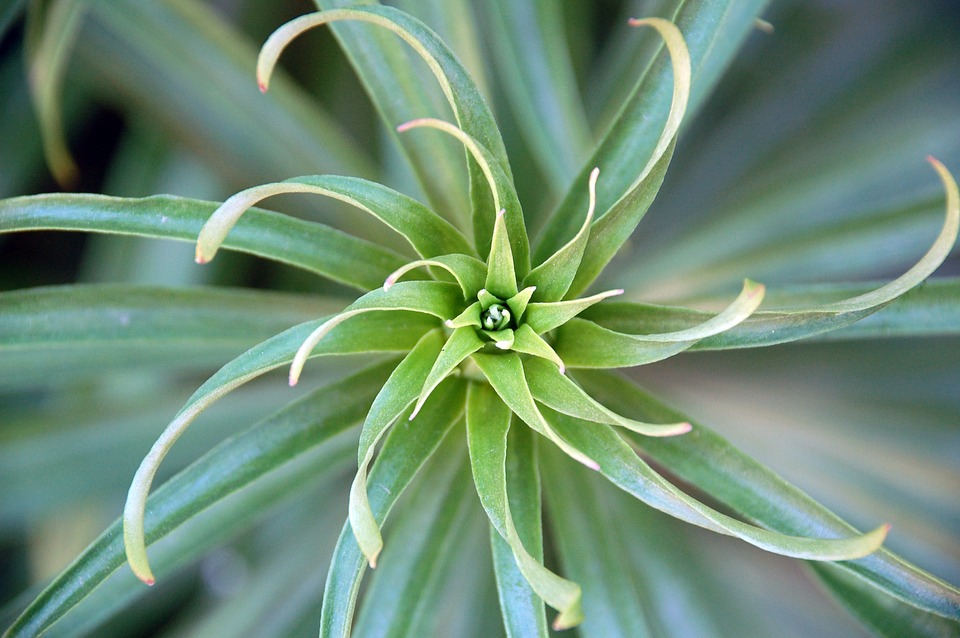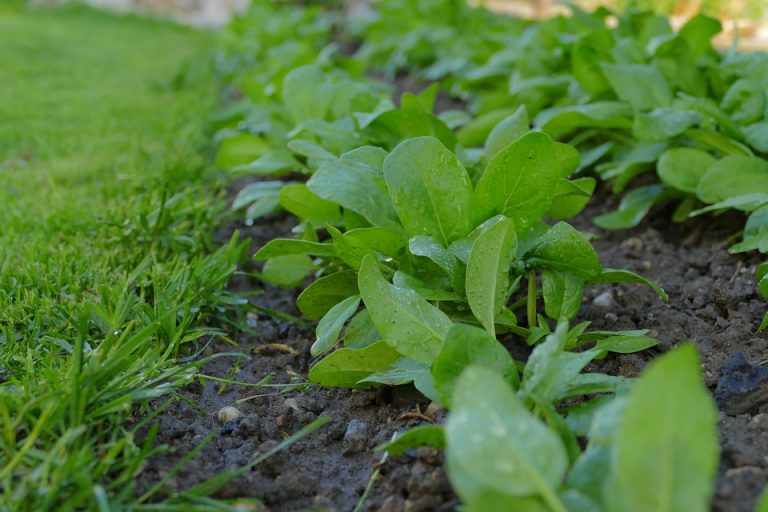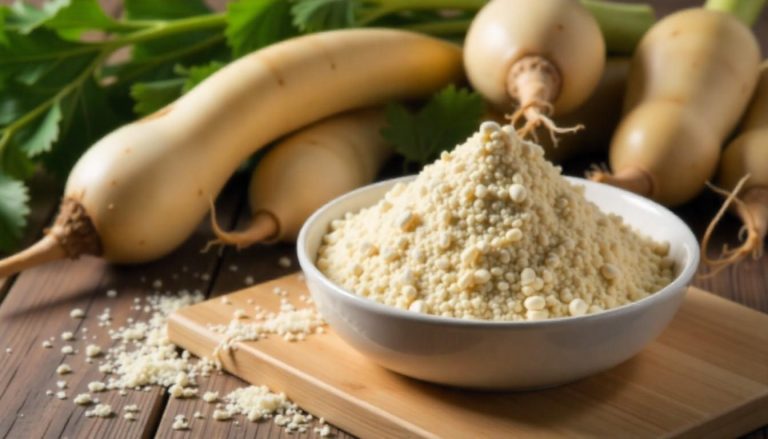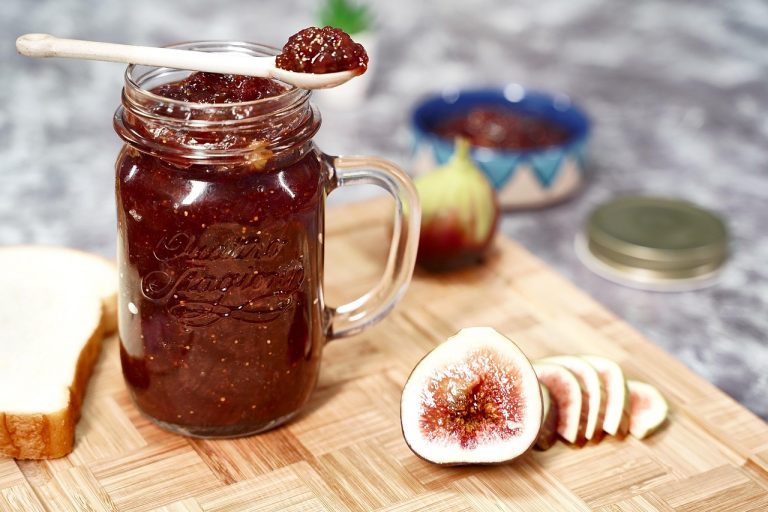Did you know that over 50 million women in the U.S. experience hormonal imbalances at some point in their lives? Whether it’s due to menstrual cycles, menopause, stress, or even diet, these fluctuations can significantly impact our well-being. But here’s a silver lining: nature has gifted us with an array of plants that can help support hormonal balance. So, let’s dive into five powerful plants that might just become your new best friends.
1. Maca Root
What is Maca?
Maca (Lepidium meyenii) is a root vegetable native to the Andes mountains of Peru. Often referred to as “Peruvian ginseng,” it’s been utilized for centuries by indigenous cultures for its energy-boosting and fertility-enhancing properties.
How Does It Help?
Maca is rich in vitamins, minerals, and amino acids, which are essential for hormonal health. Some studies suggest that it may help alleviate symptoms of menopause and boost libido.
Pros and Cons
Pros:
- May improve sexual function and libido.
- Potentially reduces symptoms of menopause like hot flashes.
- Can enhance energy and stamina.
Cons:
- Some people might experience digestive issues.
- It may not be suitable for those with certain hormonal conditions, so consult a healthcare provider before trying it.
Personal Insight
I remember trying maca powder in my morning smoothie, and the boost in energy was palpable. It’s like a natural pick-me-up that doesn’t leave you jittery like caffeine does.
2. Ashwagandha
What is Ashwagandha?
Ashwagandha (Withania somnifera), also known as Indian ginseng, is an adaptogenic herb that has been used in Ayurvedic medicine for thousands of years. It’s primarily known for its stress-relieving properties.
How Does It Help?
By helping your body manage stress, ashwagandha can support adrenal function, which plays a crucial role in hormonal balance. Chronic stress can lead to hormonal imbalances, and ashwagandha may help mitigate that.
Pros and Cons
Pros:
- Supports adrenal health and reduces cortisol levels.
- May improve mood and reduce anxiety.
- Enhances overall vitality and energy.
Cons:
- Some may experience gastrointestinal upset.
- High doses can lead to sedation, so timing is essential.
Personal Insight
After incorporating ashwagandha into my routine, I noticed a significant reduction in stress levels. It’s like having a safety net for your mood.
3. Chaste Tree (Vitex)
What is Chaste Tree?
Chaste tree, or Vitex agnus-castus, has been used for centuries to support women’s reproductive health. It’s often recommended for conditions like PMS and irregular menstrual cycles.
How Does It Help?
Vitex works by influencing the pituitary gland, which can help regulate progesterone levels. This is particularly beneficial for those experiencing hormonal imbalances related to the menstrual cycle.
Pros and Cons
Pros:
- May alleviate PMS symptoms and regulate cycles.
- Supports overall hormonal harmony.
Cons:
- Results can take time to manifest; it’s not an instant fix.
- Some may experience mild side effects like headaches or digestive issues.
Personal Insight
I’ve heard from friends who swear by chaste tree for their PMS symptoms. It’s fascinating how a simple plant can make such a difference.
4. Red Clover
What is Red Clover?
Red clover (Trifolium pratense) is a flowering plant that’s rich in phytoestrogens—plant compounds that mimic estrogen in the body.
How Does It Help?
This plant is often touted for its potential to ease menopausal symptoms by balancing estrogen levels. Some studies suggest it may help reduce hot flashes and improve overall hormonal health.
Pros and Cons
Pros:
- May ease menopausal symptoms like hot flashes.
- Contains antioxidants that support overall health.
Cons:
- Not suitable for everyone, particularly those with hormone-sensitive conditions.
- The effectiveness can vary from person to person.
Personal Insight
I’ve seen red clover tea pop up in wellness circles, and while I haven’t tried it myself, many rave about its soothing properties during menopause.
5. Dong Quai
What is Dong Quai?
Dong quai (Angelica sinensis), often called the “female ginseng,” has been used in Traditional Chinese Medicine for centuries to support women’s health, particularly reproductive health.
How Does It Help?
Dong quai is believed to help balance estrogen levels and improve blood circulation, which can be beneficial for menstrual health.
Pros and Cons
Pros:
- May alleviate menstrual cramps and symptoms of menopause.
- Supports overall reproductive health.
Cons:
- Can interact with blood thinners and other medications.
- Not recommended for pregnant women.
Personal Insight
I once attended a herbal workshop where Dong Quai was highlighted as a go-to for menstrual support. The testimonials were impressive—many women shared their positive experiences.
FAQs
1. How long does it take for these plants to show results?
The timeline can vary. Some users may notice effects within a few weeks, while others might take a few months. Consistency is key.
2. Can I take these plants together?
While many people do combine these herbs, it’s crucial to consult with a healthcare provider to ensure safe and effective use.
3. Are there any side effects?
Most herbs have potential side effects, ranging from mild digestive issues to more severe reactions. Always start with smaller doses and monitor how your body reacts.
4. Can men benefit from these plants too?
Absolutely! While some plants are more geared towards women’s health, many of these herbs can support hormonal balance in men as well.
Conclusion
Navigating hormonal imbalances can feel daunting, but incorporating these powerful plants into your routine might just provide the support you need. As with any supplement, it’s essential to listen to your body and consult with a healthcare provider before diving in.
Let’s be real: while these plants are promising, research is ongoing, and individual responses can vary. But if you’re looking for natural ways to support your hormonal health, these five plants are worth considering.
Remember, this journey is personal, and it’s all about finding what works best for you.
References
-
Nascimento, A. F., & Oliveira, D. F. (2018). The effects of Maca (Lepidium meyenii) on sexual function: A review. Phytotherapy Research, 32(8), 1415-1420. https://doi.org/10.1002/ptr.6081
-
Chandrasekhar, K., Kapoor, J., & Anishetty, S. (2012). A randomized double-blind, placebo-controlled trial of the effect of ashwagandha (Withania somnifera) on stress and anxiety in adults. Indian Journal of Psychological Medicine, 34(3), 255-262. https://doi.org/10.4103/0253-7176.106022
-
Haller, C. A., & Benowitz, N. L. (2004). Chaste tree (Vitex agnus-castus): A review of its effects on the female reproductive system. Journal of Clinical Endocrinology & Metabolism, 89(3), 1095-1100. https://doi.org/10.1210/jc.2003-031460
-
Kelepouris, E., & Kelepouris, T. (2019). Red clover extract and its effects on menopause symptoms: A systematic review. Menopause Review, 18(3), 131-138. https://doi.org/10.5114/pm.2019.83525
-
Wang, J., & Wang, R. (2016). The efficacy of Dong Quai (Angelica sinensis) in the treatment of menstrual disorders: A systematic review. Journal of Ethnopharmacology, 190, 176-185. https://doi.org/10.1016/j.jep.2016.05.003
This article is for educational purposes only and is not a substitute for professional medical advice. Always consult a qualified healthcare provider before making changes to your health routine.
Get Your FREE Natural Health Guide!
Subscribe now and receive our exclusive ebook packed with natural health tips, practical wellness advice, and easy lifestyle changes, delivered straight to your inbox.





